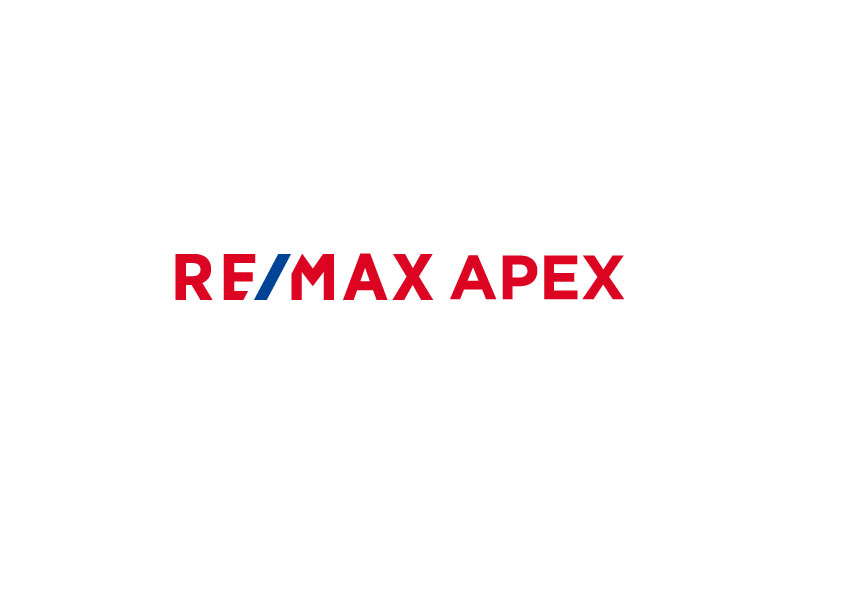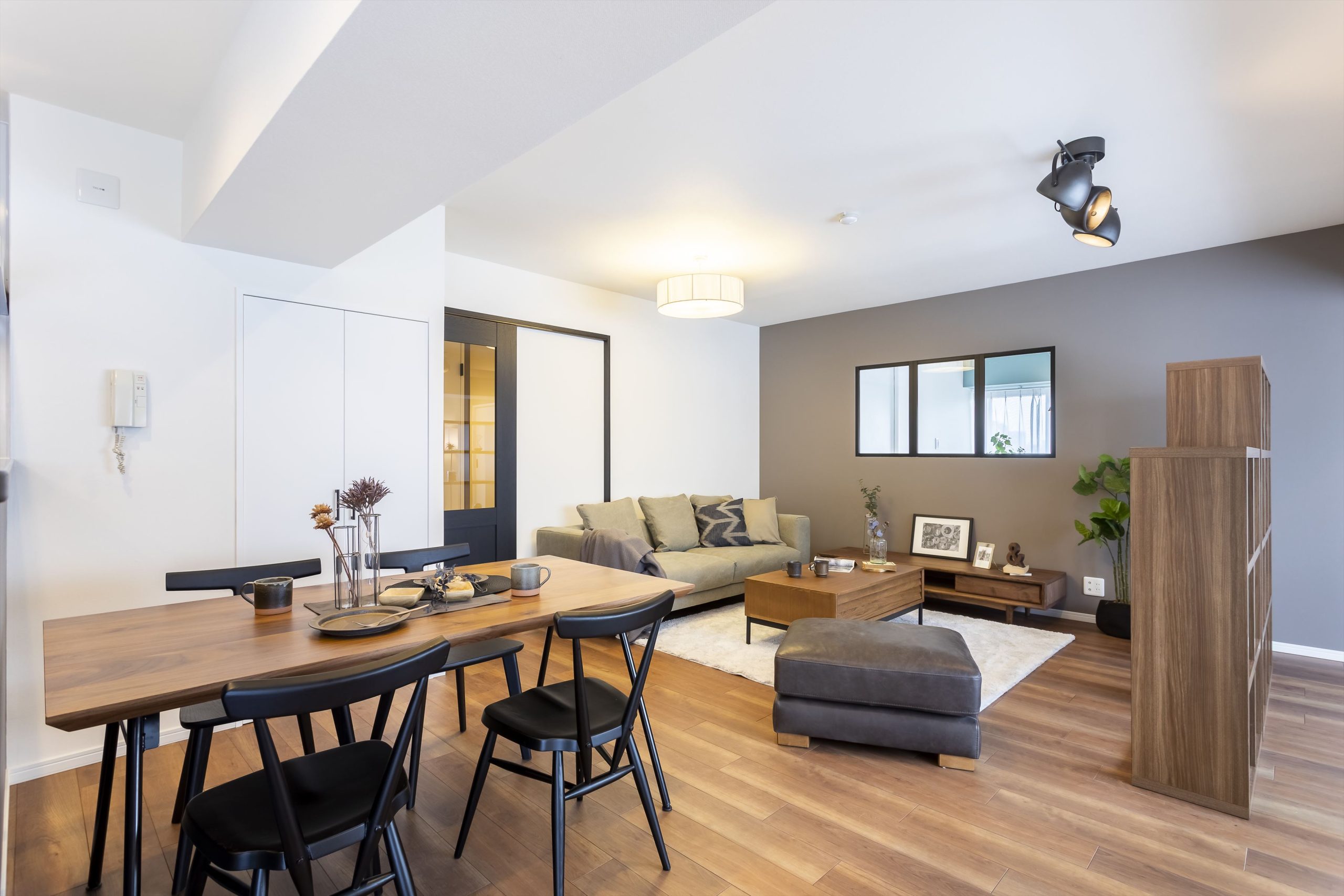Simulation based on current condo market and rent.
Have you ever thought about how much you would need pay if you were to buy the rental apartment you currently live in?
For example, let’s say you live in a studio apartment. In metropolitan areas, there are building regulations called condominium ordinances, so the size of the apartment is usually 25 square meters or larger. For ease of calculation, let us assume that the rent is 100,000 yen. The amount of money to buy the condominium you live in would be 25 to 30 years’ rent. The amount of money to buy the condominium for 25 to 30 years of rent is 300 to 360 months, so multiply this by the rent and you get 30 to 36 million yen.
If you are not single and there are two or more people living in the condo, the rent would be 200,000 yen for an apartment of 50 square meters or more, which is double the amounts above. If you buy consider buying, the price would be 60-72 million yen.
Benefits of the “Mortgage Deduction” exceed the total interest rate
So what would the monthly repayment be for this purchase? Since the current mortgage interest rate is about 0.4% (on the lowest end), it would be 184,000 yen, which is cheaper than rent for the family unit. This is because the mortgage will be repaid over 35 years, while you could buy it for 30 years of rent.
The total payment is 77,170,000 yen because of the interest rate, and the total interest payment is 5,170,000 yen. However, almost all mortgage borrowers are eligible for a tax reduction measure called the mortgage deduction. This is a system where 0.7% of the amount borrowed is refunded, so 7,200,000 yen x 0.7%, or 504,000 yen, is given for 13 years. Therefore, an income of 6,552,000 yen is generated.
The maximum amount per person is 50 million yen, but if a couple is working together jointly, the total amount can be up to 100 million yen. Since this 6,552,000 yen is more than the total interest rate of 5,170,000 yen, the balance would be a positive 1,382,000 yen. This is a “negative interest rate,” meaning that where normally when you borrow money you pay interest, you get money for the amount you borrow. To that extent, as a national policy, the government is encouraging people to acquire owner-occupied homes to make it more profitable.
As a result, the percentage of owner-occupied homes in Japan for those aged 85 and over is 85.2%, and even in metropolitan areas the percentage is as high as 75.4%.
What percentage of your household income goes to rent?
As mentioned before, a survey of tenants of J-REITs (Japanese Real Estate Investment Trusts) found tenants pay rent equivalent to what percentage of their annual household income, and the average is 25%. A household paying 200,000 yen in rent pays 2.4 million yen per year, which is equivalent to 25% of annual income on average, so the household income is just under 10 million yen.
If this household were to try to finance a home, they would lend at least up to 25% of their monthly repayment. This is because banks know from many years of lending experience that people with an annual income ratio of 25% have almost a no chance of delinquency.
Some people say, “I am worried about my ability to repay the loan,” but this is a misgiving. If a bank is willing to lend you money, you should have the understanding that you are capable of paying said amount back.
Assuming that 200,000 yen in rent is equivalent to 25% of monthly income and that the same amount is repaid, it would be possible to borrow 78,260,000 yen. In reality, with the very low interest rates of recent years, banks can lend 8 to 10 times their annual income (depending on place of employment and other factors). In other words, with an annual income of approximately 10 million yen, this would be 80 to 100 million yen. A simpler calculation would be 35 years (420 months) of the current rent, which means that if the rent is 200,000 yen, you can borrow 84 million yen (420 months times the current rent).
Find out how much it would cost to buy if you were renting.
So again, let’s check your current rent payment situation. If you pay rent, find out how much the unit would cost if you were to buy. If you are renting a condominium for sale, you should look at examples of used condominiums for sale in the area, and there are many websites where you can search by condominium name to find the appropriate price and the surrounding market value.
For condominiums, in general, the annual rent ÷ property price = 4-5% yield. You can buy a condominium for 240-300 times the monthly rent; if it is less than 420 times, you can pay back the loan in 35 years (= 420 months), which means you should buy.
Recently, detached house rentals have been increasing, with yields as high as 6-7%. This can also be found by looking up new detached houses for sale on property search websites, which can be bought for 171-200 months of rent. If you buy it, you would pay it back in 420 months, which is less than half the current rent.
Case Study
Let us illustrate with an actual example:
If one pays 200,000 yen per month, or 2.4 million yen per year, for a new detached house of 40 million yen, the yield is exactly 6%. 40 million yen borrowed at a mortgage interest rate of 0.4% will reduce the monthly repayment by half to 103,000 yen.
Since the refundable mortgage tax credit is 280,000 yen every year, the monthly payment would be 23,000 yen. Subtracting the refundable mortgage tax credit from the monthly repayment, the actual monthly payment would be 80,000 yen. This is only 40% of the current rent.
Beware of leasebacks.
Recently, there has been an increase in the business of leaseback of detached homes. In a leaseback, a real estate business buys back the home that was purchased and lived in, so that once it is sold, the proceeds are received. This is one way for people who are in financial trouble to sell their only asset, their home, to obtain funds. At the time of the sale, a contract is also signed to pay rent to continue living in the home. They can receive the funds needed while continuing to live in the house.
However, you should be careful about the business that real estate operators are usually starting to work hard on. The fact that the real estate developer makes money means that his/her clients lose money.
The yield on leasebacks is a whopping 12%. Even if you use the money you get to pay rent, you will only be able to live in the property for a little over eight years at the most. Even with that in mind, it is better to keep it, and if the cash-strapped family loses the house in a few years, the family may be forced to split up.
There are plenty of other ways to do that rather than going forward with a leaseback sale. It is usually better to sell the house and move into another house for rent, where the rent would be about half of what it would otherwise be. The yield on the detached rental mentioned earlier is 6-7%, and the leaseback is 12%, meaning that the rent is about twice the market rate.
Granted the hassle to find a rental property and moving can be a burden for some, but those who are able to handle said burdens should look for a different home to rent.

For additional information or any questions please contact us here
Email: info@remax-apex.com

